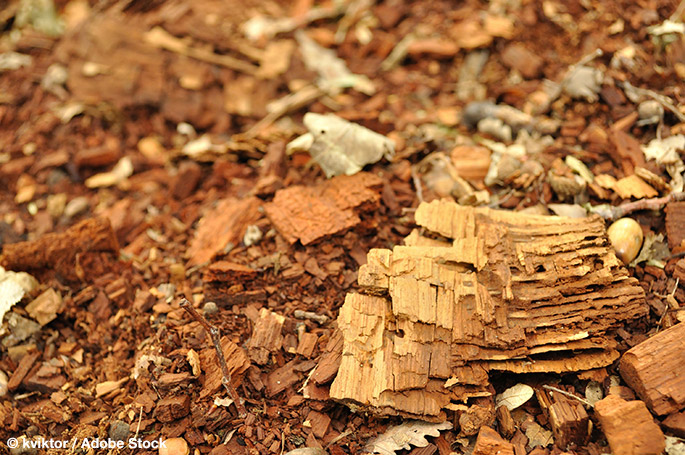Seeker recently reported on a new process developed by Texas A&M University that will enable the use of an organic material that will replace plastics and synthetics. The process will recycle sustainable wood pulp and organic waste from paper and pulp processing plants to create cheap carbon fiber material.
Carbon fiber has been around for almost 200 years and is used for some niche products. However, the process that creates the material is so expensive that it has never gained widespread use, unlike plastic and synthetic fiber. But that is about to change.
The base material is something called lignin, which exists in plants and trees. The process of making paper as well as extracting ethanol from plants creates a great deal of waste that includes lignin, which winds up in landfills. The process developed by Texas A&M separates the lignin from the rest of the waste, making it available to produce carbon fiber from sustainable wood pulp.
Carbon fibers can be substituted for materials used in a number of products, ranging from tennis rackets to cars and wind turbines. The material is lighter in weight with about the same mechanical strength.
The implications for a new industry are breathtaking. The availability of cheap carbon fiber will encourage the development of biorefineries to create the new materials. The substitution of the new carbon fiber material for plastics will be of enormous benefit to the environment. Carbon fiber is far more recyclable than plastic. Removing plastic from the supply chain will also mean that less will wind up in landfills or the ocean.





































































































































 Three Ways to Engage Teams and Clients to Maximize Your Recycling Program Engagement
Three Ways to Engage Teams and Clients to Maximize Your Recycling Program Engagement  How to Integrate Accessibility Into Your Sustainability Planning
How to Integrate Accessibility Into Your Sustainability Planning  Why Park Benches Can Promote Workplace Well-Being
Why Park Benches Can Promote Workplace Well-Being 
